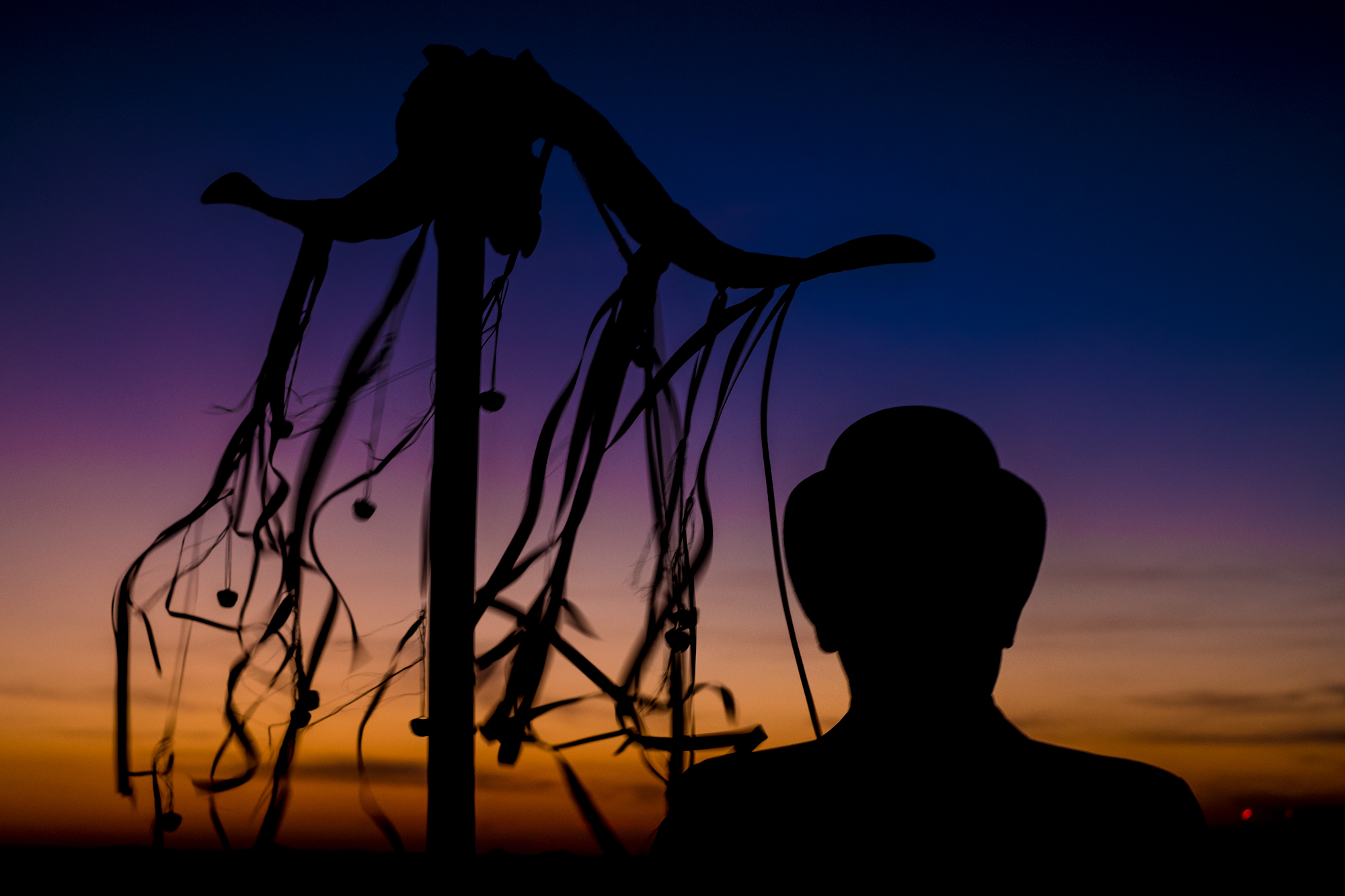Disobedient, Discontented, and Disruptive: Politics of Aesthetic Resistance and Resilience is a presentation by Professor Lanfranco Aceti at Art, Culture and Technology (ACT) @ MIT. The presentation, on Tuesday, February 13, 2018, is part of ACT luncheon series and engages faculty and students with the affiliate’s research and thought processes in the creation of new scholarly works, curatorial projects, or personal exhibitions.
“The repressed who sides with the revolution is, according to the standards of the beautiful life in an ugly society, uncouth and distorted by resentment […]” [1]
The lecture will discuss art within the context of ethical values—beyond the contemporary market and economical forces that have reduced all human endeavors to commodified outputs and outcomes. The re-introduction of ethical values, or more simply the re-introduction of ethics within society, brings art back, not so much into a Kantian aprioristic world, but into an ideological and social framework that can be identified as the superior teleology of art and society. In fact, both art and society have been eroded by militaristic, corporate, and oligarchic constructions that manifest themselves through the narratives of the body politic and through concepts of post-society, post-state, post-capitalism, post-democracy, post-citizenship, and post-art.
If art cannot exist any longer as a social endeavor and if anger can no longer be represented within an aesthetic context, if it is considered ‘uncouth’ and is subject to ugly society’s forms of control and censorship, then one must ask where is the public space that allows an analytical and reflective existence. The relationship between uncouth people, hierarchical societies, and public expressions of anger is further complicated by an historical impossibility for anything other than the institutional history of the ‘winners,’ also known as the truth [2] of the body politic, [3] to be widely represented, aestheticized, narrated, and memorialized.
[1] Theodor W. Adorno, Aesthetic Theory (London: Bloomsbury, 1997), 67.
[2] “Rooted as it is in the interconnected concepts of universality, objectivity, and canonicity privileged by the (Anglo-American) critical establishment, the battle about the authority of anger surrounding feminist criticism can be read as a battle for or around ‘truth’: an inscription of the discourse of ‘the true’ constructed and disseminated by agencies of institutionalized authority (including the university and the media) that works to appropriate or silence the voices of opposition or dissent.” Brenda R. Silver, “The Authority of Anger: ‘Three Guineas’ as Case Study,” Signs 16, no. 2 (Winter, 1991): 341.
[3] “The Body politic is after all a myth which can ultimately be sustained only by consensus.” Nicholas Mirzoeff, Bodyscape: Art, Modernity and the Ideal Figure (London: Routledge, 1995), 84.
Image credit: Lanfranco Aceti, Annunciation, 2018. Performance and sculptural installation. Photograph: Jonathan Munro.

